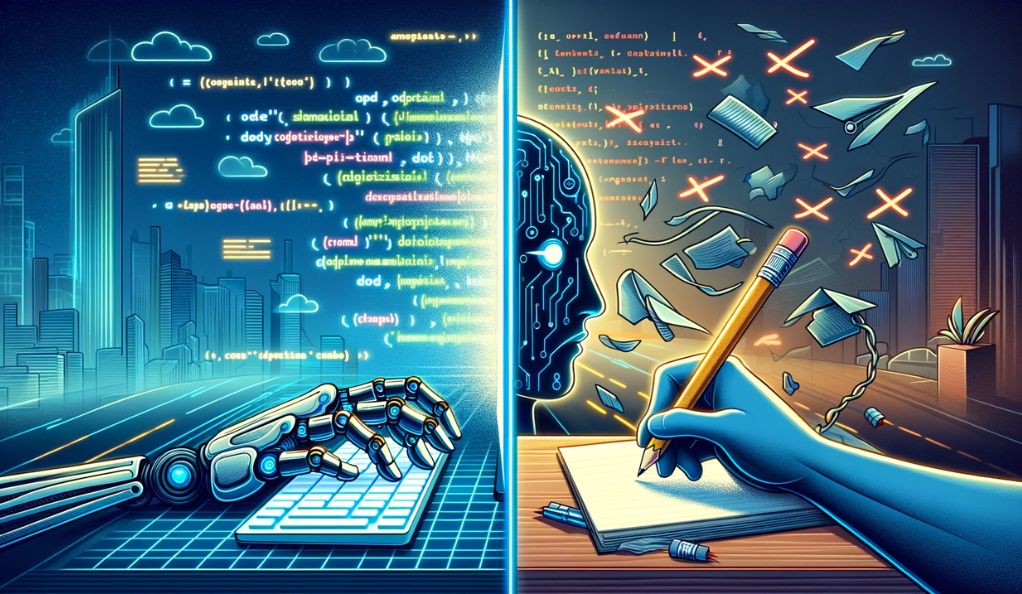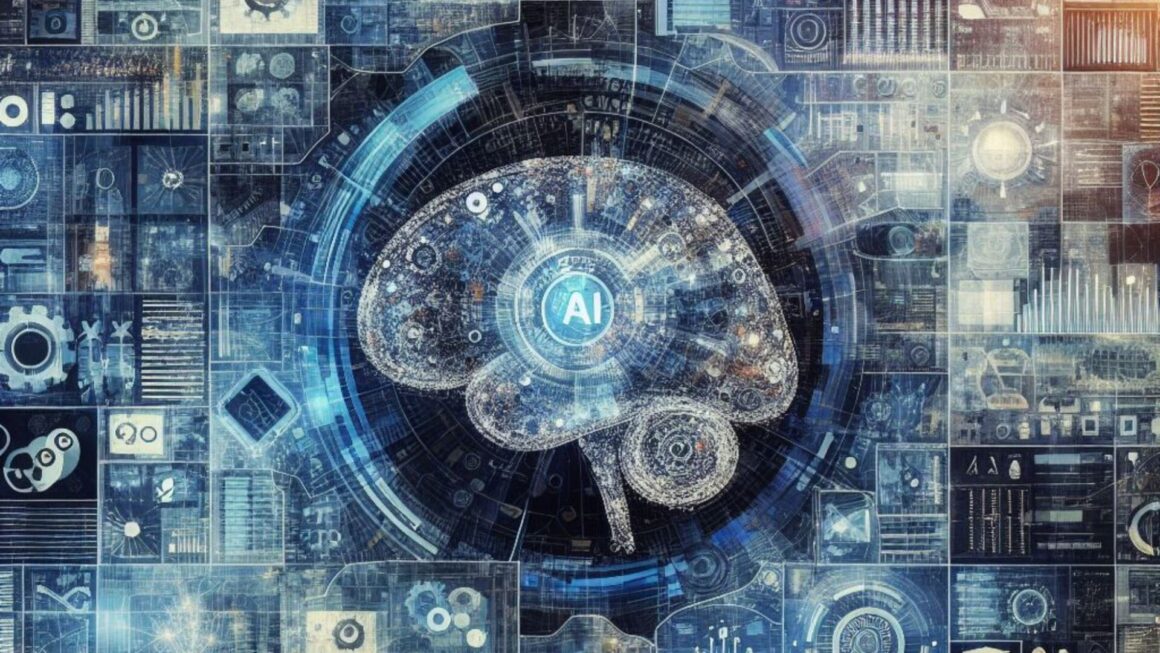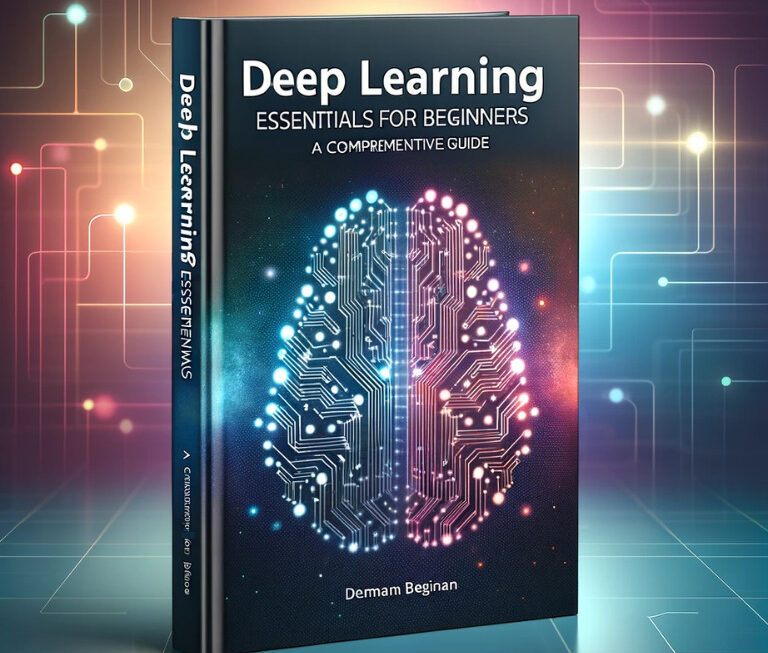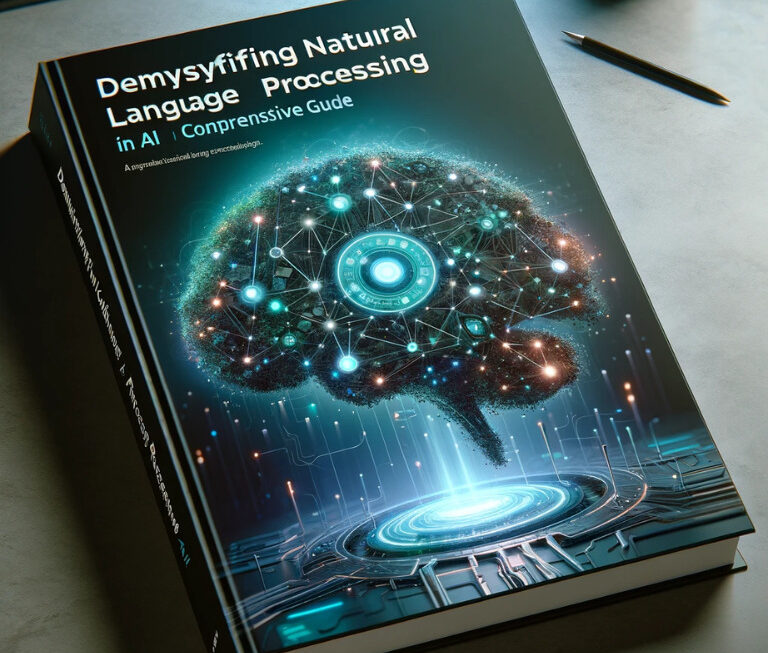In the ever-evolving landscape of technology, Artificial Intelligence (AI) has emerged as a revolutionary force, particularly in the realm of software development. Its integration into coding practices has sparked a significant transformation, one that promises to redefine the parameters of programming efficiency, creativity, and complexity. As we stand on the cusp of this technological renaissance, it is imperative to cast an unbiased eye on both the advantages and disadvantages that AI brings to the table for developers and the industry at large.
The concept of AI in coding is not entirely new. For decades, researchers and programmers have toyed with the idea of machines that can understand, interpret, and even write code. However, it is only in recent years that this concept has transitioned from the theoretical to the practical, with tools like GitHub’s Copilot, Google’s AutoML, and IBM’s Watson playing pivotal roles in this shift. These AI-driven platforms are not just tools but collaborators, offering insights and solutions that were once the sole province of human intellect.
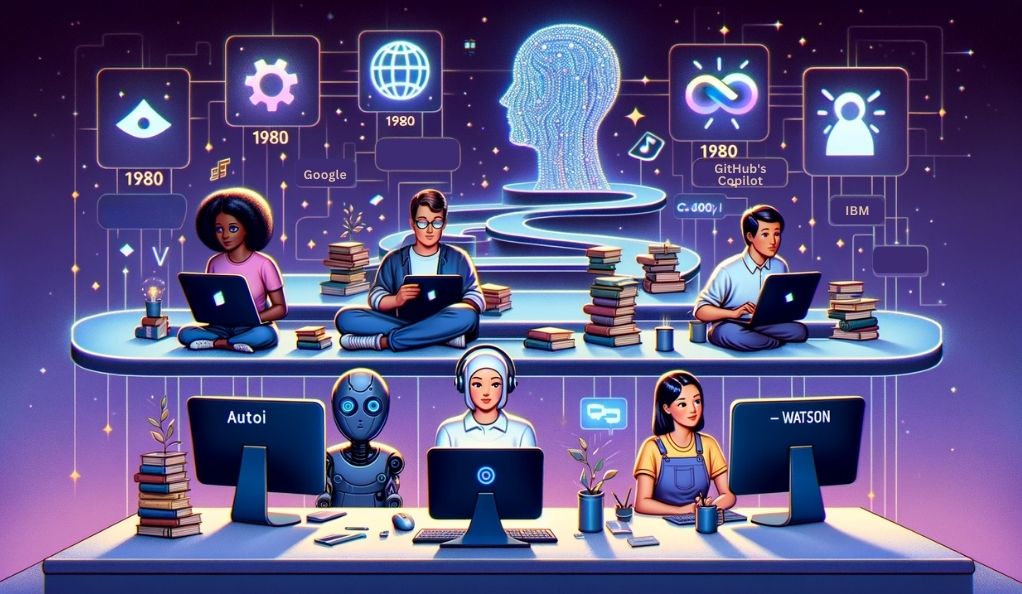
Yet, as with any significant change, the integration of AI into coding practices has been met with both enthusiasm and skepticism. Proponents laud the unparalleled efficiency and the potential for error reduction, while critics point to the risks of overreliance and the ethical quandaries posed by intelligent machines making decisions that were once the domain of human judgment.
To truly understand the impact of AI on coding, we must delve into the specifics—how AI is currently used in software development, the tangible benefits it provides, and the potential pitfalls that accompany its adoption. This article aims to provide a comprehensive overview, devoid of bias, to inform and guide those who are navigating the intersection of AI and coding.
As we embark on this exploration, we invite readers to consider the following: AI in coding is not a question of replacement but augmentation. The future of coding with AI is not about machines taking over but about humans and intelligent systems working in tandem to achieve what neither could do alone. It is a partnership that, if approached with caution and foresight, could usher in an era of unprecedented innovation and productivity in software development.
The Rise of AI-Assisted Programming
The journey of AI in the coding universe has been nothing short of a paradigm shift. From the early days of simple algorithms to today’s sophisticated machine learning models, AI has steadily carved out a role as an indispensable ally in the software development process. This section will trace the historical context of AI in software development and spotlight the current AI tools that have become popular among developers.
Historical Context of AI in Software Development
The seeds of AI were planted in the mid-20th century, with the advent of computers that could perform calculations at unprecedented speeds. However, it wasn’t until the late 1980s and early 1990s that we began to see AI systems designed to aid in coding. These early systems were rudimentary by today’s standards, focusing on basic pattern recognition and automated code generation for specific, narrow tasks.
As technology advanced, so did the capabilities of AI. The 2000s saw the rise of machine learning and neural networks, technologies that allowed computers to learn from data and improve over time. This was a game-changer for AI in coding. No longer were AI systems confined to the rules explicitly programmed into them; they could now adapt and create new rules as they processed more code, learning from the vast repositories of open-source projects available on platforms like GitHub.
Current AI Tools Popular Among Developers
Fast forward to the present day, and AI tools are now sophisticated enough to pair with developers, offering real-time suggestions and improvements. Some of the most notable tools include:
- GitHub Copilot: Powered by OpenAI’s Codex, Copilot suggests whole lines or blocks of code as developers type, learning from the context within the current file and the vast array of code available in public repositories.
- Google’s AutoML: This suite of machine learning products allows developers to train custom models that can be integrated into applications without requiring specialized knowledge in machine learning.
- IBM’s Watson: Watson provides a range of AI-powered tools, including language processing and problem-solving capabilities, which can be incorporated into development projects to enhance functionality and user experience.
These tools represent just the tip of the iceberg. Across the industry, from startups to tech giants, AI is being harnessed to streamline the development process, reduce the time spent on debugging, and even generate code autonomously.
The Impact of AI on Coding Practices
The implications of AI’s rise in coding are profound. For one, it has democratized programming, enabling individuals with limited coding experience to build complex systems by leveraging AI-assisted tools. It has also allowed for the rapid scaling of software development, as AI can quickly generate and test vast amounts of code, something that would be infeasible for human developers to achieve in the same timeframe.
However, this is not to say that AI is a silver bullet. As we will explore in the following sections, the use of AI in coding comes with its own set of challenges and considerations. From the risk of generating biased code to the potential for decreased understanding of the underlying processes, AI’s role in coding is a double-edged sword that must be wielded with care.
Pros of AI in Coding
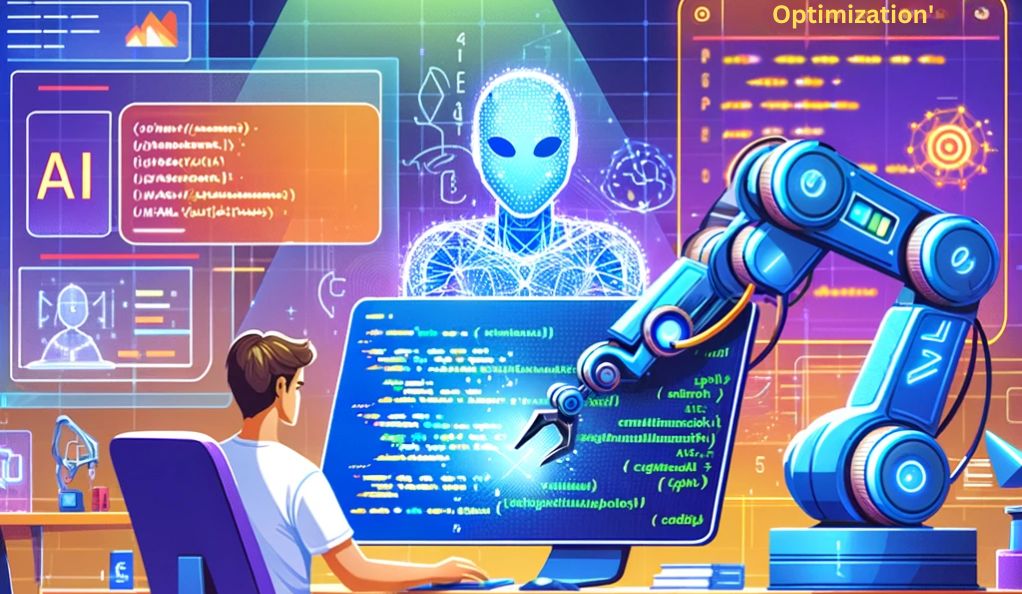
The integration of AI into coding practices has unlocked a spectrum of advantages that have streamlined and enhanced the software development lifecycle. Here, we explore the key benefits that AI brings to the forefront of coding.
Enhanced Efficiency and Speed
One of the most significant benefits of AI in coding is the substantial increase in efficiency it offers. AI-powered tools can automate repetitive and time-consuming tasks, freeing up developers to focus on more complex and creative aspects of software development. For instance, AI can be used for:
- Automated Code Generation: AI can quickly generate boilerplate code, setup configurations, and even suggest code snippets that fit the current context of development.
- Code Refactoring: AI tools can analyze existing code and suggest optimizations, making the code more efficient and maintainable.
Error Reduction and Code Optimization
AI’s ability to learn from vast datasets enables it to identify patterns and predict potential errors before they occur. This predictive capability is invaluable in coding, where even a small mistake can lead to significant issues down the line. AI assists in:
- Static Code Analysis: By scanning codebases, AI can detect vulnerabilities, bugs, and deviations from coding standards without executing the code.
- Dynamic Code Analysis: AI can also monitor the behavior of applications in real-time to identify issues that only manifest during execution.
Advanced Predictive Analysis and Decision-Making
Beyond error detection and code generation, AI’s advanced predictive analysis can significantly enhance decision-making in the development process. AI systems can:
- Forecast Project Outcomes: Predict the success rate of projects by analyzing historical data on development timelines, bug rates, and team performance.
- Optimize Resource Allocation: AI can suggest the best use of resources, whether it’s distributing tasks among developers or allocating computing power for testing.
Cons of AI in Coding
While the advantages of AI in coding are clear, it’s essential to address the potential downsides. In the following sections, we will explore the cons, including dependency and overreliance, job displacement concerns, and complexity issues.
Dependency and Overreliance
The convenience of AI can lead to a dependency that may hinder a developer’s ability to code without AI assistance. This overreliance could be detrimental in situations where AI tools are unavailable or fail to function correctly.
Job Displacement Concerns
As AI becomes more capable, there is a growing concern that it could displace jobs in software development. While AI can augment the capabilities of developers, there is a fear that it could also replace human roles, particularly in areas where coding tasks are highly standardized and susceptible to automation.
Complexity and Interpretability Issues
AI-generated code can sometimes be a black box, with complex logic that is difficult for humans to interpret. This lack of transparency can lead to challenges in understanding, maintaining, and debugging code, especially when things go wrong.
Balancing the Equation: The Dual Nature of AI in Coding
As we delve deeper into the impact of AI on coding, it becomes increasingly clear that its influence is as complex as it is transformative. The dual nature of AI in coding presents a landscape rife with both opportunities and challenges. In this section, we will explore the delicate balance between the pros and cons, and how developers and companies can navigate this new terrain.
The Empowering Aspect of AI in Coding
AI’s empowering effect on coding cannot be overstated. It has the potential to elevate the coding process, making it more efficient and less prone to human error. Here’s a closer look at how AI empowers developers:
- Real-time Assistance and Learning: AI tools provide real-time feedback and suggestions, not only improving code quality but also aiding in the continuous learning of developers.
- Enhanced Collaboration: AI can act as a collaborative partner, bringing together developers from various backgrounds to work on complex projects by providing a common platform for code integration and review.
- Innovative Problem-Solving: With AI’s ability to analyze and learn from data, it can offer innovative solutions to complex problems, pushing the boundaries of what can be achieved through coding.
The Cautionary Tale of AI in Coding
Despite the clear benefits, the cautionary tale of AI in coding is one that must be heeded. The challenges posed by AI can have far-reaching consequences if not managed properly:
- Skill Atrophy and Loss of Expertise: Overreliance on AI could lead to a decline in fundamental coding skills as developers may become accustomed to AI doing the heavy lifting.
- Ethical and Bias Considerations: AI systems are only as unbiased as the data they are trained on. There is a risk of perpetuating existing biases in code, leading to unfair or unethical outcomes.
- Security and Privacy Concerns: With AI systems having access to vast amounts of code and data, there is an increased risk of security breaches and privacy violations if these systems are not secured adequately.
Navigating the Future with AI in Coding
The future of coding with AI is not a binary choice between embracing AI fully or rejecting it outright. It is about finding the right balance, where AI is used to augment human capabilities, not replace them. Here are some strategies to consider:
- Continuous Learning and Adaptation: Developers should engage in lifelong learning to stay abreast of AI advancements and maintain their coding skills.
- Ethical AI Development: It is crucial to develop AI with ethical considerations in mind, ensuring that AI systems are fair, transparent, and accountable.
- Robust Security Measures: As AI becomes more integrated into coding, implementing robust security measures to protect code and data is imperative.
The Future of AI in Software Development

As we stand at the intersection of AI and software development, it is crucial to cast our gaze forward and ponder the trajectory of this union. The future of AI in coding is not merely a continuation of current trends but a canvas for innovation, ethical considerations, and a redefinition of the developer’s role. In this concluding section, we will explore the potential future scenarios of AI in software development and how the industry can prepare for the changes to come.
Predictions and Trends for AI in Coding
The evolution of AI in coding is expected to follow several key trends:
- Increased Autonomy in Code Generation: AI is likely to become more autonomous in writing and optimizing code, potentially developing new programming languages that are more efficient for machine understanding.
- Enhanced Personalization Through AI: AI could tailor the development environment to individual developers, learning their habits and preferences to suggest personalized code optimizations and corrections.
- Integration Across the Development Pipeline: AI’s role will expand beyond coding to encompass other stages of the development pipeline, such as requirement analysis, design, testing, and deployment.
Preparing for a Future with AI as a Coding Partner
To prepare for a future where AI is a ubiquitous coding partner, several steps can be taken:
- Emphasize Human-Centric Skills: Developers should focus on cultivating skills that AI cannot replicate easily, such as complex problem-solving, creativity, and emotional intelligence.
- Foster an Ethical AI Culture: Organizations must prioritize the development of ethical AI frameworks to guide the responsible use of AI in coding.
- Invest in AI Education and Training: Educational institutions and companies should invest in AI literacy programs to ensure that the workforce is equipped to work alongside AI effectively.
Embracing the Inevitable with Caution
The integration of AI into coding is inevitable. It promises to bring about a new era of efficiency and innovation but also poses significant challenges that must be addressed with caution. The key to a successful integration lies in the ability to adapt, to maintain a continuous dialogue about the ethical implications, and to ensure that the human element remains at the core of software development.
Conclusion: The Harmonious Symphony of AI and Human Expertise in Coding
As we contemplate the integration of AI into coding, it’s clear that we are on the precipice of a new era in software development—an era where AI not only enhances efficiency but also enriches human creativity. The true potential of this integration lies not in the displacement of human skill but in the harmonious collaboration between coder and machine. This partnership promises to elevate the craft of coding to unprecedented levels, fostering innovation and enabling developers to transcend the mundane to achieve the extraordinary.
In embracing AI, we must proceed with both enthusiasm and caution, ensuring that ethical stewardship guides the deployment of intelligent systems in our code. The future beckons with a vision of AI as an empowering tool, one that complements the irreplaceable ingenuity of the human mind. As we forge ahead, let us commit to a future where AI in coding is synonymous with advancement, responsibility, and an unwavering dedication to the art and science of software development.

